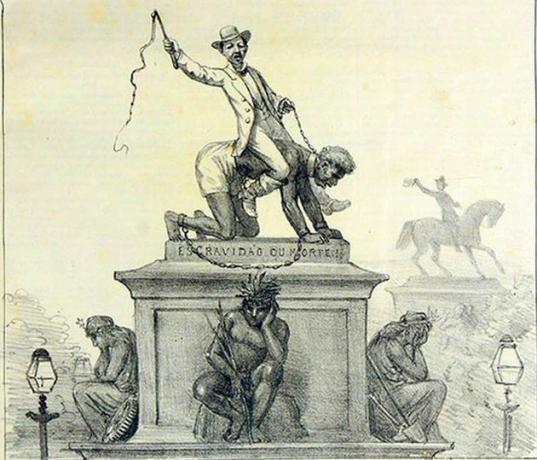tsar (tsar in Russian) means "emperor". It was the title used by Russian sovereigns, in the period of duration of the Russian Empire, between 1547 and 1917.
The title was initially adopted by Emperor Ivan III. Upon assuming the title of tsar, he proclaimed himself successor to the last Byzantine emperor, killed in the capture of Constantinople. Under his rule, Moscow was renamed the Third Rome.
Russian Emperor Ivan III the Great was crowned on March 18, 1547 (at age 16) and after his coronation he proclaimed himself the Czar of Russia. He adopted the imperial title used by the Romans "Caesar", (from Latin, meaning emperor). The term Tsar also gave rise to the German imperial title "Kaiser".
With Tsar Ivan IV, a new period in Russian history began. The Russian empire had its true founder in Ivan IV. He became known in Russian history as "Ivan the Terrible" as a result of the extreme cruelty that marked his government. He was responsible for the conquest of extensive territories and for the unification of the independent principalities that constituted Russia.
The feminine for tsar is tsarina ("tsaritsa" in Russian), with the son of a tsar being called "tsarevitch" and the daughter "tsarevna."


